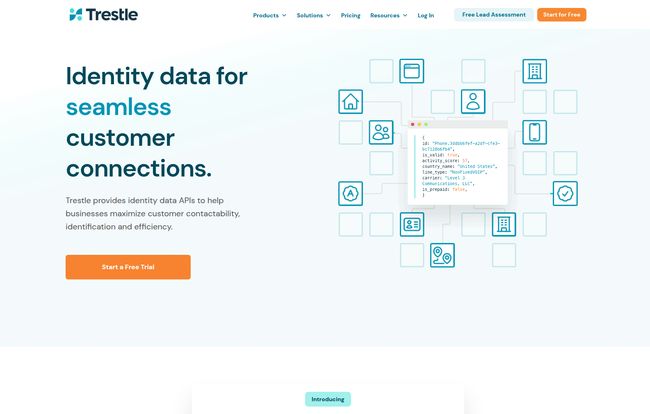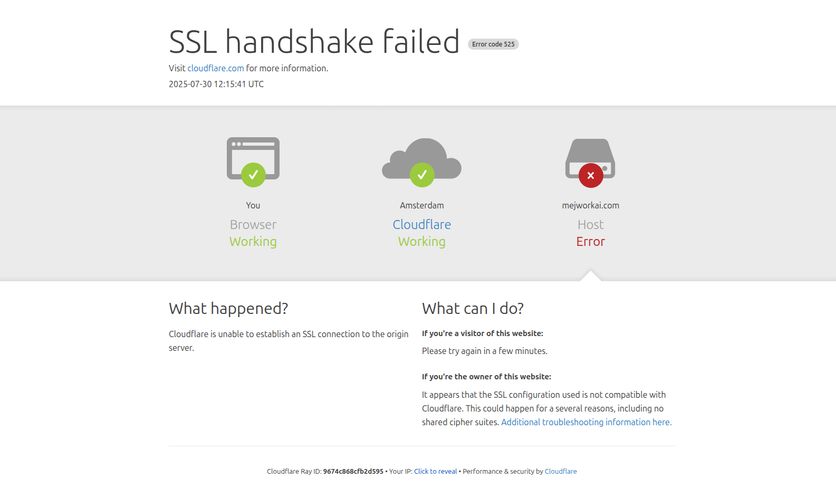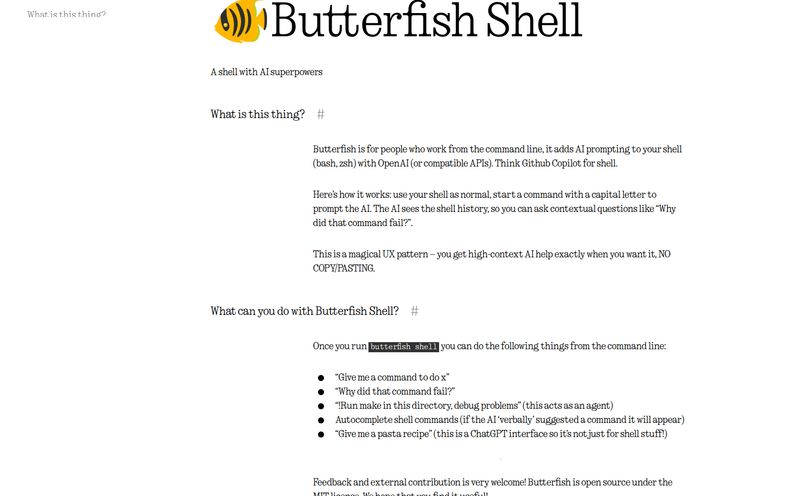Your customer data is probably a mess. Mine has been. It's not our fault, really. Data just... decays. People move, they change phone numbers, they abandon email addresses like old hobbies. It's a natural process, like rust. And that rust can cost you a fortune in missed connections, failed marketing campaigns, and just plain old operational headaches.
I've been in the SEO and traffic game for years, and I can tell you that the quality of your outreach list is everything. A list full of disconnected numbers and bogus addresses is like shouting into the void. So, when a tool comes along that promises to clean up that mess, I'm skeptical but intrigued. Today, that tool is Trestle. And I’ve got to say, I'm pretty impressed.
So, What Exactly is Trestle?
In the simplest terms, Trestle is a toolkit of APIs designed to act as a truth serum for your contact data. It helps businesses verify and enrich the customer information they have, making sure you're dealing with real, reachable people. Think of it less as a single product and more as a set of specialized power tools for data quality.
They provide APIs for things like phone verification, reverse phone lookups, and even reverse address lookups. You feed it a piece of information—a phone number, an address—and it feeds you back the reality. Is the number active? Who does it belong to? Is this address even real? It’s all about maximizing your contactability and cutting through the noise. Its a real lifesaver for anyone running lead-gen campaigns or managing a large CRM.
Who is This Really For?
Right off the bat, their website has a vibe: "Built by Developers, for Developers." And I believe it. The whole platform is API-first. This isn't some clunky software you have to install; it’s a set of endpoints your application can talk to directly. If you're a business with a tech team, a startup building a product that relies on user identity, or a marketing agency tired of wasting CPC budget on bad leads, Trestle is talking your language.
It's for anyone who's ever looked at a spreadsheet of 10,000 leads and thought, “I wonder how many of these are even real?” It bridges the gap between raw data and actionable intelligence.
Breaking Down the Trestle API Toolkit
Trestle isn’t just one thing, it's a collection of sharp, focused tools. Let's look at the main ones.
Contact Verification and Validation
This is the bread and butter. You have the Phone Validation API, which is your first line of defense. It checks if a phone number is valid, what carrier it belongs to, and whether it’s a landline or mobile. It's the simple bouncer at the door checking IDs. Then you have the Real Contact API, which goes a step further, matching names, emails, and addresses to a phone number to give you a confidence score. It's incredibly useful for rooting out fraud or just making sure the John Smith who signed up is your John Smith.
Playing Detective with Reverse Lookups
This is where things get fun. The Reverse Phone Lookup API is exactly what it sounds like. Got a number but no name? This API can often fill in the blanks, providing the owner's name, address, and more. The same goes for the Reverse Address Lookup API. It can take a physical address and return a list of current and past residents and their phone numbers. Spooky? A little. Powerful for legitimate business use cases, like reconnecting with past customers or verifying shipping information? Absolutely.
Let's Talk Money: The Trestle Pricing Model
Okay, this is one of my favorite parts, mostly because so many API companies make it a nightmare to figure out. Trestle, on the other hand, just lays it all out there. They run on a transparent, pay-as-you-go model for their self-serve plan, which I genuinely appreciate. No secret handshakes or month-long sales calls just to get a price list.

Visit Trestle
Here’s a quick look at their self-serve query pricing:
- Smart CNAM API: $0.015 / query
- Reverse Address API: $0.017 / query
- Phone Validation API: $0.018 / query
- Real Contact API: $0.03 / query
- Reverse Phone API: $0.047 / query
- Find Person API: $0.07 / query
They also have add-ons for things like checking against litigator lists or getting email deliverability info. And of course, for the big dogs, there's an Enterprise plan with custom pricing, dedicated support, and higher rate limits. This dual approach is smart; it lets a small startup get started without a huge commitment while still catering to massive-scale operations.
The Developer Experience
I've wrestled with enough terrible APIs in my day to know that a good product can be ruined by a bad developer experience. An API is only as good as its documentation. Trestle seems to get this. They boast about their world-class docs and SDKs, and this is a huge green flag for me. Couple that with a 99.99% uptime SLA, and you have a service that’s not just powerful, but reliable.
When your entire business process might depend on a third-party API call, uptime isn't a luxury; it's a necessity. Knowing you can build on a platform that takes stability seriously provides some serious peace of mind.
The Good, The Bad, and The Geographic
No review is complete without looking at both sides of the coin. So here's my honest breakdown.
What I Really Like
The clarity here is refreshing. The clear, upfront pricing is a massive plus. The focus on developers is obvious and well-executed. And the quality of the data is their main selling point—they source from third-party, licensed, and proprietary data assets, which suggests a high degree of accuracy. The promise of "customer-obsessed" technical support is also a bold one, and if they live up to it, that's a huge differentiator.
A Few Things to Keep in Mind
The most significant point to consider is geographic coverage. From what I can gather, their primary strength is with U.S. data. While some services like phone validation have global coverage, the deep enrichment and verification seem focused on the United States. If your customer base is primarily in North America, this is a non-issue. But if you're a global company looking for the same level of detail in Europe or Asia, you'll need to confirm if Trestle meets your specific needs. It's not a flaw, just a scope definition you need to be aware of.
My Final Take on Trestle
So, is Trestle the right identity data API for you? If you're a U.S.-focused business and you're serious about data quality, my gut says yes. It’s a robust, developer-centric platform with transparent pricing and a solid infrastructure. It’s not trying to be a magical, all-in-one solution for everything. Instead, it offers a suite of specialized, high-performance tools to solve a very specific, and very expensive, problem: bad data.
It feels like a professional-grade tool built by people who have felt the pain of data decay themselves. For startups, marketers, and developers who need to trust their contact info, Trestle is definitely worth a very close look.
Frequently Asked Questions
What is Trestle mainly used for?
Trestle is primarily used by businesses to verify and enrich their customer contact data. This includes phone number validation, reverse lookups for phones and addresses, and confirming customer identities to improve contact rates and reduce fraud.
Is Trestle's pricing expensive?
Compared to the cost of bad data, Trestle's pricing is quite reasonable. Their pay-as-you-go model, with prices ranging from about 1.5 cents to 7 cents per query, allows businesses to start small and scale as they grow without a large upfront investment. Enterprise plans are also available for higher volume users.
Does Trestle work for international data?
Trestle's phone validation service has global coverage. However, its more in-depth data enrichment and reverse lookup services are primarily focused on the United States. Businesses with a global customer base should check directly with Trestle for their specific coverage needs.
How easy is it to integrate Trestle's API?
Trestle is designed to be developer-friendly. With an API-first approach, comprehensive documentation, and available SDKs, integration into existing applications or workflows is designed to be straightforward for a development team.
What is the difference between Phone Validation and Real Contact API?
Think of it as two levels of checks. Phone Validation is a basic check to see if a number is real, active, and what type it is (mobile/landline). The Real Contact API is a more advanced verification step that attempts to match the phone number with other data points like a name and address to confirm the person's identity is correct, not just that the phone number exists.
Can I try Trestle before committing?
Yes, Trestle offers a free trial so you can test out their APIs and see if the data quality and integration process work for your needs before spending any money.



